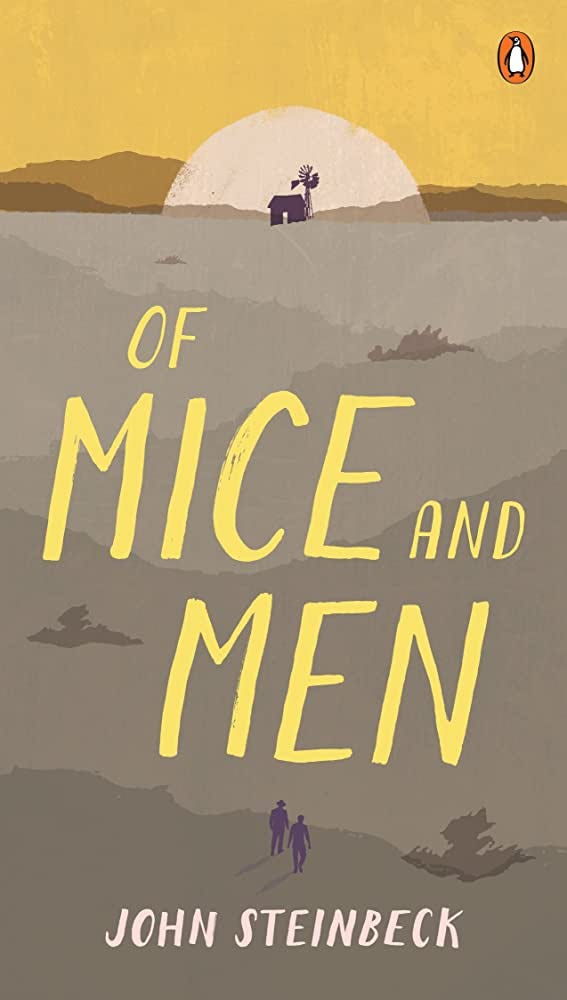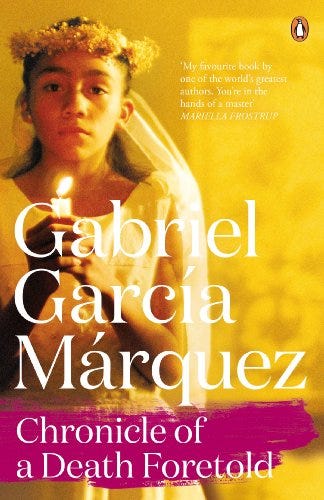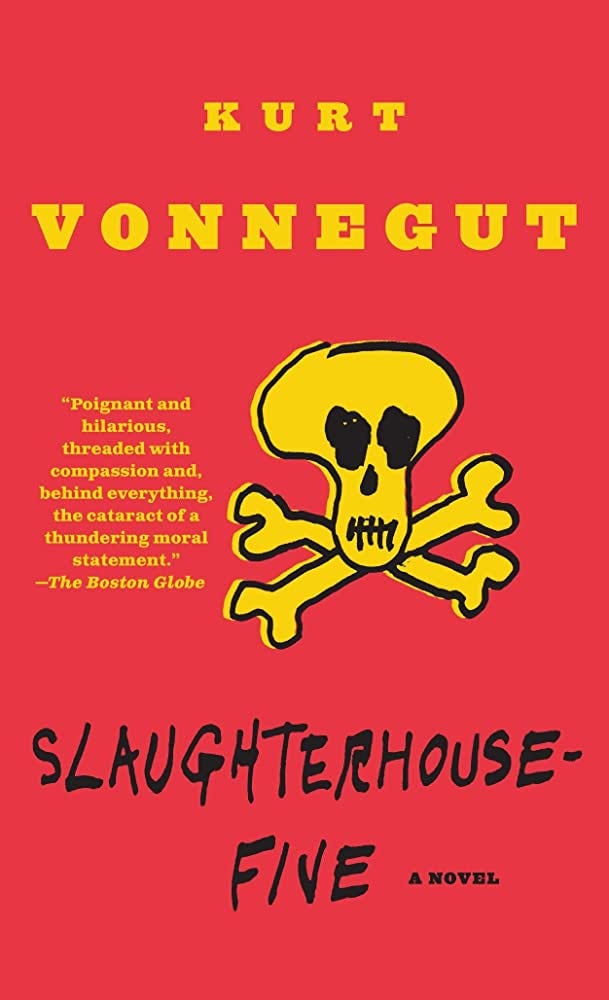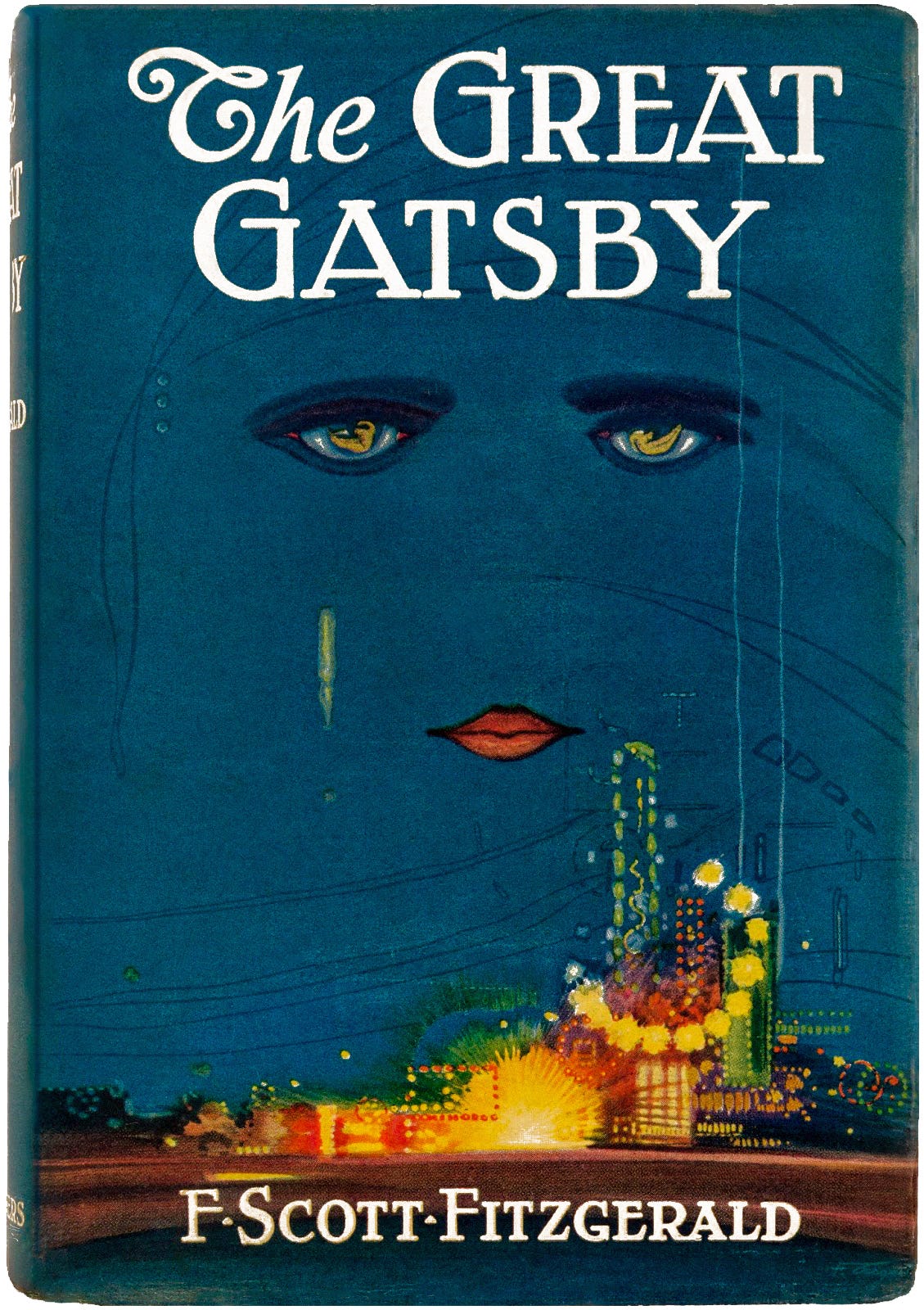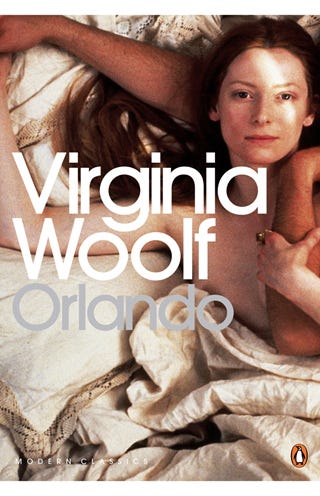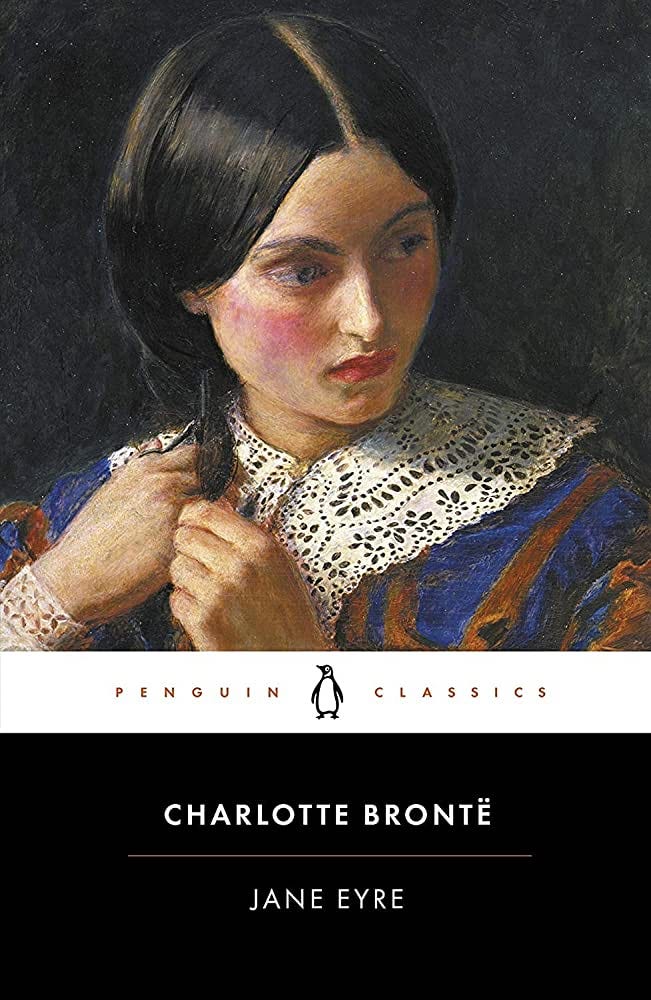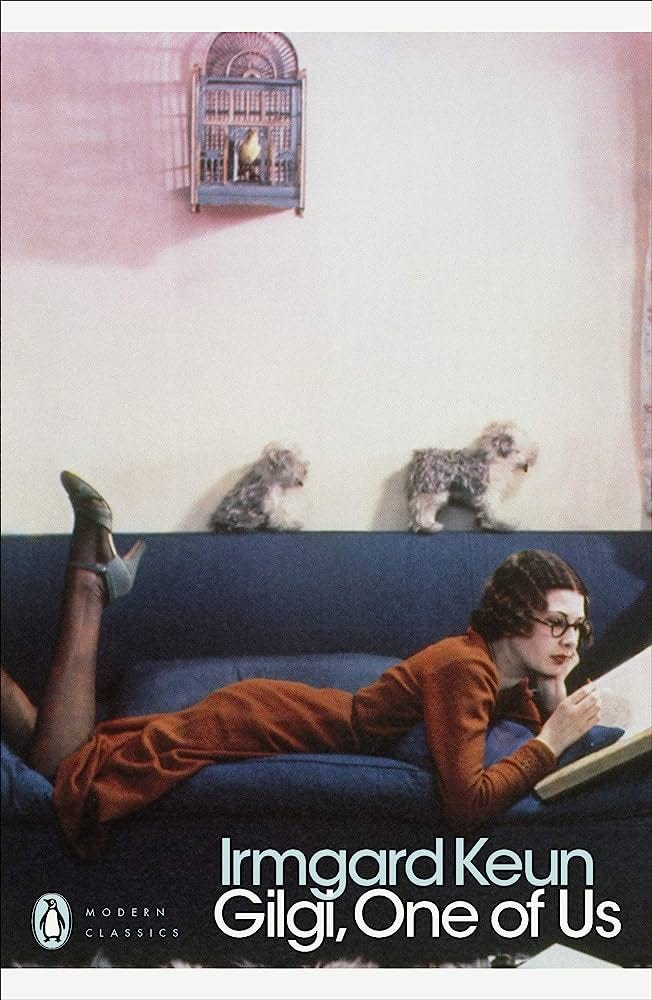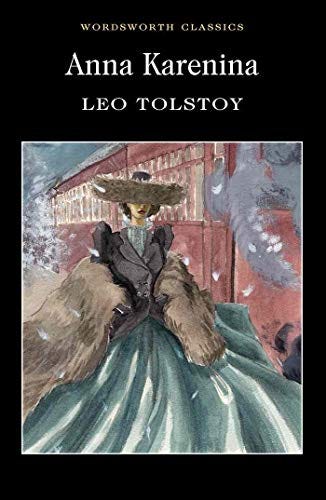What I Read #5: Mrs Dalloway, The Great Gatsby and other classics I read
Mrs Dalloway by Virginia Woolf
Stream of consciousness at its best, Woolf’s novel takes place over one day and explores the lives of a huge cast of characters. This was my first experience with Woolf’s fiction, and I went in with hesitance because I was afraid the writing style wouldn't sit well with me. Boy, was I wrong!
It might be possible that the world itself is without meaning.
Virginia Woolf, Mrs Dalloway (1925)
Of Mice and Men by John Steinbeck
Even though this was my first time reading Steinbeck’s short novel, I knew the story going in. This knowledge, however, did not hamper the experience of reading it. My reaction to it was kind of lukewarm, though I see why so many people talk about how great this novel is.
As happens sometimes, a moment settled and hovered and remained for much more than a moment. And sound stopped and movement stopped for much, much more than a moment.
John Steinbeck, Of Mice and Men (1937)
Chronicle of a Death Foretold by Gabriel Garcia Marquez
Apart from being the author of several amazing novels, including my absolutely favourite magical realism book: One Hundred Years of Solitude, Marquez was also a journalist. This story of the death of a man and the actions and reactions of people he was acquainted with truly shows off his journalistic style.
A falcon who chases a warlike crane can only hope for a life of pain.
Gabriel Garcia Marquez, Chronicle of a Death Foretold (1981)
Slaughterhouse-five by Kurt Vonnegut Jr.
This book is a ride from its iconic first line to its iconic last line! When I decided to listen to it as an audiobook instead of reading the physical copy, a friend said that I would find it difficult to keep track of all the events, but fortunately, I absolutely loved the experience, and it left me with the opportunity to pick it up once again and annotate the book.
And so it goes...
Kurt Vonnegut Jr., Slaughterhouse-five (1969)
The Great Gatsby by F. Scott Fitzgerald
Another novel that needs no introduction. This was my second time reading it, the first time after having watched the movie, and knowing the fate of all the characters in the book meant that I could clearly see all the instances of foreshadowing. Having read many other books about the American Dream, I know that this isn’t the best one, but I must appreciate Fitzgerald’s command over language and plot.
So we beat on, boats against the current, borne back ceaselessly into the past.
F. Scott Fitzgerald, The Great Gatsby (1925)
A Single Man by Christopher Isherwood
What a beautiful story! This book is definitely going to be one of those that I will reread in a few years and find even more to like in it and think about. I had no idea about the story going in and had just heard a lot about Isherwood’s writing. I can attest to the fact that the language in this book is gorgeous.
Waking up begins with saying am and now. That which has awoken then lies for a while staring up at the ceiling and down into itself until it has recognized I, and therefrom deduced I am, I am now. Here comes next, and is at least negatively reassuring; because here, this morning, is where it has expected to find itself: what’s called at home.
Christopher Isherwood, A Single Man (1964)
Orlando by Virginia Woolf
A great study in gender, sexuality and the fluidity that exists in them. It’s astounding that this novel was written in the time that it was. Woolf’s command over language and the stream-of-consciousness style is commendable. I can see why people find it difficult to read, but personally, I absolutely loved the book.
As long as she thinks of a man, nobody objects to a woman thinking.
Virginia Woolf, Orlando (1928)
Jane Eyre by Charlotte Brontë
People either love this novel or hate it. Jane is probably one of the most infuriating characters I know. And those who say that this is a good romance novel and Wuthering Heights isn’t, did we even read the same books? Jane and Mr Rochester are probably one of the worst examples of a couple in literature.
I am no bird; and no net ensnares me: I am a free human being with an independent will.
Charlotte Brontë, Jane Eyre (1847)
Gilgi, One of Us by Irmgard Keun
I picked this book up because of the synopsis that I read online, and I was not disappointed. The translation- the book was originally written in German- was so well done. I don’t know how to explain it, but reading the choppy style in English really gave me a feel for the original text.
Our own mistakes are always the ones which we hold against other people…
Irmagard Keun, Gilgi, One of Us (1931)
Anna Karenina by Leo Tolstoy
The fact that I successfully made my way through this huge novel has become a running joke in this newsletter, but it was really a feat. Not because I didn’t enjoy the story, I actually quite liked it, but mostly because of what a long journey it was. Maybe one day I’ll finish reading Tolstoy’s War and Peace, and then I’ll really have something to gloat about.
If you look for perfection, you'll never be content.
Leo Tolstoy, Anna Karenina (1877)
Cannery Row by John Steinbeck
I really do not have much to say about Steinbeck’s novel (short story?). Maybe this is one of those smart books I spoke about, but the purpose of this story kind of went over my head a little. I did enjoy the descriptions, however, and Steinbeck really knows how to write unique characters.
It is the hour of pearl—the interval between day and night when time stops and examines itself.
John Steinbeck, Cannery Row (1945)
Mansfield Park by Jane Austen
I don’t know how it happened, but this was the first time I picked up this novel. While Fanny Price might be my least liked Austen character, her tale was one that I enjoyed, excluding the cousins in love trope, of course. Also, can we all agree that Mrs Norris is horrible, malicious and downright entertaining?
A large income is the best recipe for happiness I ever heard of.
Jane Austen, Mansfield Park (1814)


